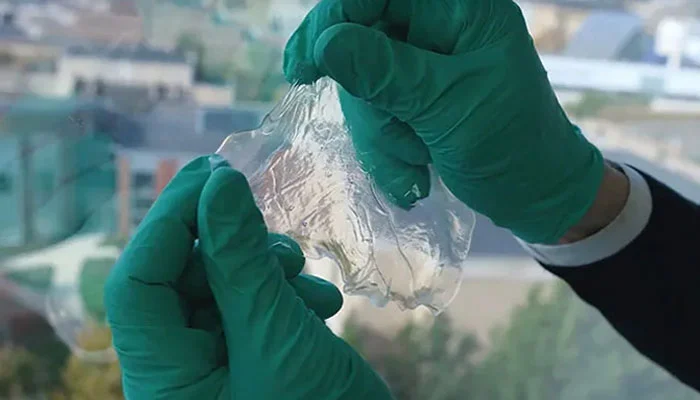In a groundbreaking shift towards sustainability, industries worldwide are harnessing carbon capture and utilisation (CCU) technologies to combat climate change.
From mattresses to clothing and beyond, innovative products are emerging due to repurposing carbon dioxide, offering a glimpse into a greener future.
As concerns about irreversible climate damage escalate, the United Nations Intergovernmental Panel on Climate Change (IPCC) underscores the urgency for action. With annual global CO2 emissions projected to soar, CCU emerges as a formidable strategy, capable of reducing greenhouse gas emissions by 20 billion metric tons by 2050.
Carbon capture and storage (CCS) facilities worldwide are already operational, trapping CO2 from smokestacks or ambient air. However, a paradigm shift occurs with carbon capture and utilisation (CCU), acknowledged by the IPCC in 2022. CCU transforms captured CO2 into products like cement, jet fuel, and plastics, offering a multifaceted approach to climate mitigation.
The plastics industry, a notorious contributor to carbon emissions, is witnessing a transformative wave. Instead of relying on fossil fuels, companies are incorporating captured CO2 into plastics production.
Lux Research estimates the CCU market, valued at nearly $2 billion in 2020, could skyrocket to $550 billion by 2040, with a particular focus on enhancing cement and jet fuel properties.
Chemists and researchers are exploring catalysts to streamline the conversion of CO2 into plastics. Commercial successes include mattresses, car interiors, building insulation, and sports flooring from CO2-based materials. Additionally, efforts to create carbon-negative polyester demonstrate the potential to combat plastic pollution.
Microbial interventions, such as harnessing acetogenic bacteria, exemplify nature-inspired solutions. Companies like LanzaTech are collaborating with steel plants to convert industrial emissions into ethanol, which is subsequently used in fabric production. This symbiotic relationship aids in reducing greenhouse gas emissions by over 80%.
While challenges persist, including regulatory hurdles and fossil fuel subsidies, the trajectory is clear. Visionaries envision a circular carbon economy where products are designed for longevity and recyclability.
Researchers emphasise the need for legislative support, corporate alignment, technological advancements, and shifts in human behaviour to realise this transformative vision.
In a world grappling with environmental crises, the dawn of recyclable plastics from CO2 heralds a new era in sustainable innovation, offering hope for a cleaner, circular future.

